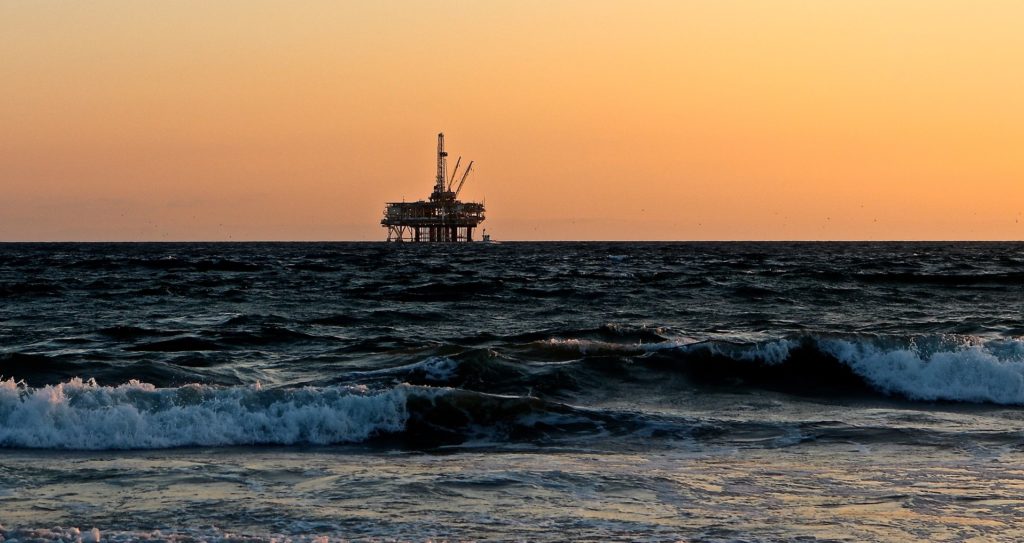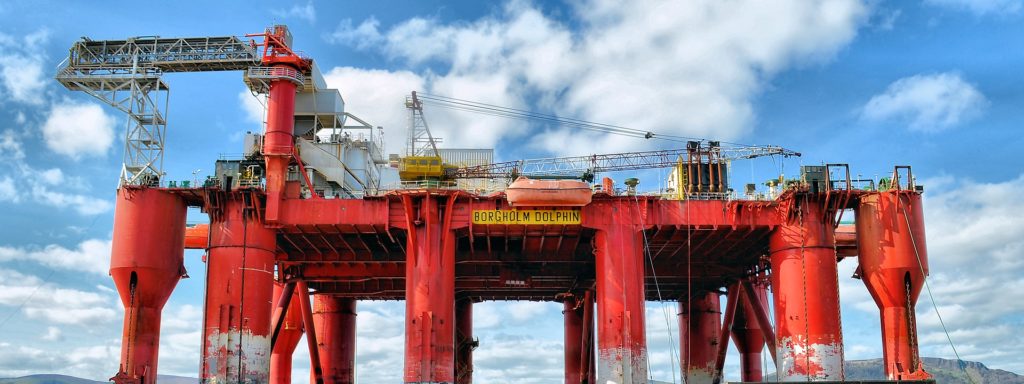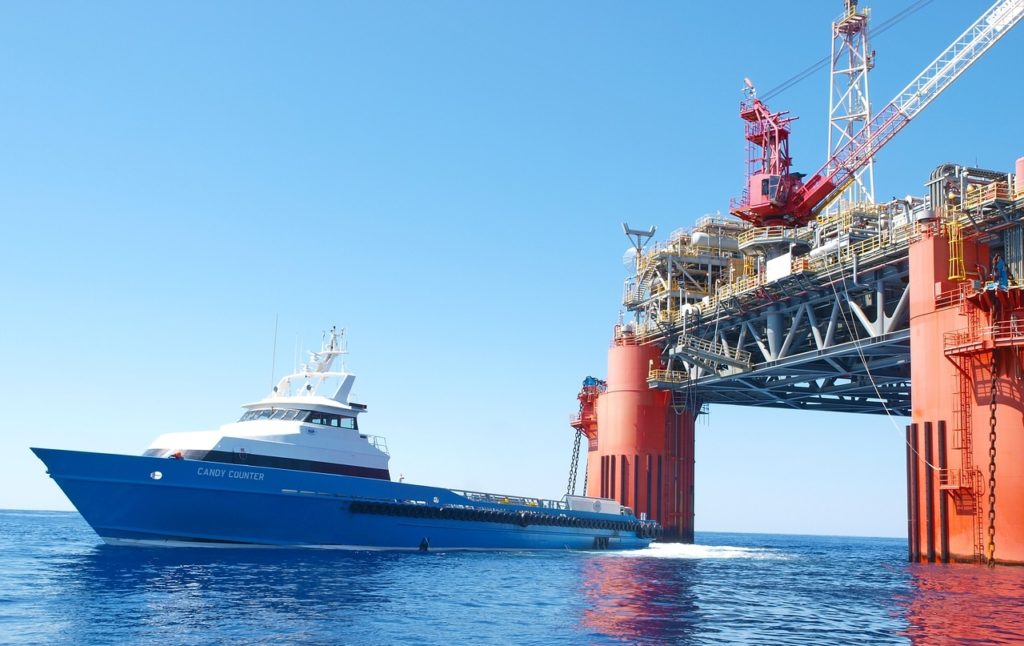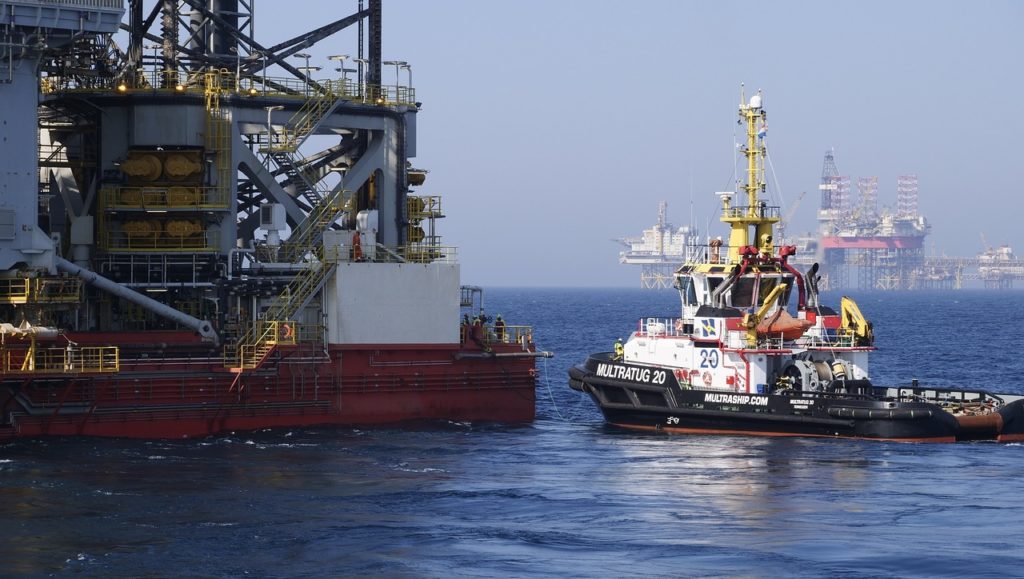Offshore platform divers: let’s play Mythbusters and break some myths

Divers rarely work and live on platforms. They live mostly on board from which they work on platforms and survive to disembarkation. Offshore platform divers myths are mostly about earnings. “Enormous” earnings have never been so enormous, and this is by no means easily earned money.
Myths about Offshore platform divers
- Today’s wages have fallen dramatically due to the low price of crude oil and gas and are nowhere near the previous ones. Also, job offers are quite poor though.
- The price of crude oil is slowly rising. This gives us the insight that it will be worth thinking about this business in the near future
- Divers are mostly freelancers and pay the income tax themselves. They take care of their contributions, health and retirement benefits. Pay for medical examinations, purchase and maintain their essential equipment by themselves. They cover part of the cost of commuting, regular survival training at sea and first aid courses. The figure that eventually stays in your pocket is not so big as people might think.
- Experienced sports divers, diving instructors, military or police divers cannot get an offshore job. Unless they pass an internationally recognized commercial diving school.
- Highly advertised technical diving courses and similar certifications from CMAS, NAUI, SSI, PADI, have no applicability to offshore projects involving divers. Even graduates of international schools will find it difficult to get a job without previous experience. Especially in today’s situation where a mass of experienced divers are looking for work and not getting it.
- Completing a school means almost nothing to the potential employer unless there is a certain amount of experience. The richest and most necessary experience is in the conditions of coastal and harbor works, which does not delight many divers. They learn resourcefulness, improvisation, and various tricks there. In fact, everything that will be needed on offshore working conditions and offers new opportunities to such an individual.
Choosing a school for offshore jobs
When choosing a school, sum up literally ALL the costs. The cost of the trip, the number of days you have to live abroad and spend rather than make money, and only then you decide which one to go to. Some schools are cheaper but do not offer accommodation. They sell you their manuals at an extremely unbeatable price. Somewhere, coffee is twice as expensive. And the number of days of all these costs determines the ultimate amount which is quite expensive to pay.
Friend’s experience and recommendation refer to “IMCA membership” (www.imca-int.com) based in the UK. For political reasons, some schools are not accepted in some countries and this can make it difficult for you to get a job. The USA in Vietnam, French in Congo, English, and Germans in Tanzania… and the IMCA, although based in the UK, is accepted as an international organization and is accepted by all.
It is best to get a diving job somewhere and gain good experience prior to this. Remember the first job is the ticket. You will not have a second chance for a first impression. So you have to learn to work first.
How to approach offshore diving jobs
Collect knowledge and experience from older and experienced colleagues every day. Read online, educate yourself and call your older colleagues before you prepare your CV. Your CV and application must be readable, simple, and without any falsehoods. Again, have your older colleagues review your CV. Get rid of nonsense like philately, hobbies, sky-diving, SCUBA instructor, war veteran, etc. Just work experience and school certificates.

Why people want to get into offshore jobs
Most people go into this business because of the love of the sea and diving, and these remain in operation. Or “when I introduce myself to a girl as a professional diver, that sounds so good”. These others do not stay long in an atmosphere completely different from Mom’s kitchen, beloved cafe, loved girl… Think a little. Not every job is for everyone. This one is wonderful but for those who love the ocean and sea. It costs a lot to get in, and it takes a long time to get your money back. We are not discouraging you, just don’t rush. Think about it and the decision will be right.
How much do offshore platform divers make
The question most ask first is profit. The range is really wide, from the $ 80 per day US startup companies offer, but guaranteeing the first job. Up to $ 500 + for experienced divers who are additionally paid for each underwater dive operation. Each company in a different country has its own price list. But usually, it’s about 300-400 USD for scuba divers.
Offshore saturation diving is another story
“Please, you’re in the business, set me a shift in saturation to see if I like it and then maybe I go to school” Not possible. After completing a scuba diving school that costs approximately £ 15,000 + travel, coffee, beer… For two years you must work offshore and prove that you have logged and certified diving in a logbook, which gives you the right to take a saturating diving course. That course costs even more, and then again, job searching and prayers.
How saturation divers live and work
Saturation divers live in the chamber for up to 28 days and leave it to work their shift in a multi-day decompression. Only experienced and tested divers are selected, so don’t hope for it early in your career. Due to experience, their basic daily wage is bigger. Every hour in saturation is paid extra, so the numbers go up, but they are not astronomical. Some companies pay for travel just like workdays, and some have reduced daily allowances for travel and STBY days.
Types of diving jobs offshore
The most common offshore jobs are:
- Metalwork
- Bolts
- flange connection
- cleaning with a machine that is reminiscent of “miniwash” but much more powerful
- Sandblasting
- Cutting with electrodes
- Welding
- Survey of the terrain or structures
- Platforms positioning
- Pipeline conduction control
- non-destructive material control (NDT test)
- Construction – Excavation monitoring
- geotextile laying
- filling new material and laying blocks
Most work will be on surface delivery, which means helmet, diver umbilical cord, communication, and a minimum of 4 divers + supervisor. There are day and night shifts. In more modest conditions, working hours are generally 12 hours. But as one team, everyone should always be available. Which results in torn work hours.

You will be gone from home for several weeks or months if you choose to pursue this type of work. You’ll make a lot of money, but you’ll be in a lot of tough scenarios. Away from home, bills, car registration, and other common things. Hopefully, we busted some offshore platform divers myths for you.
Thanks for reading!
